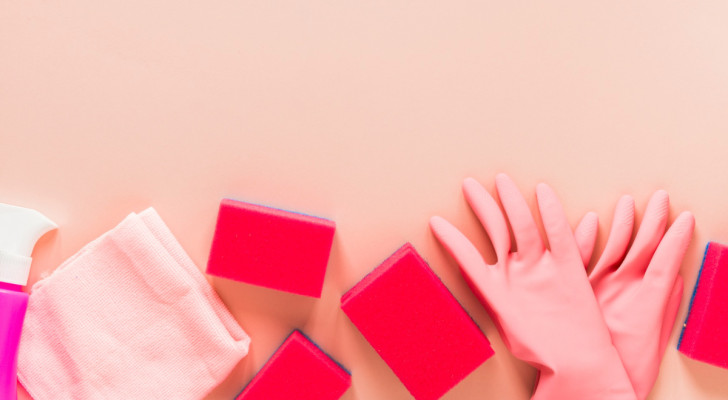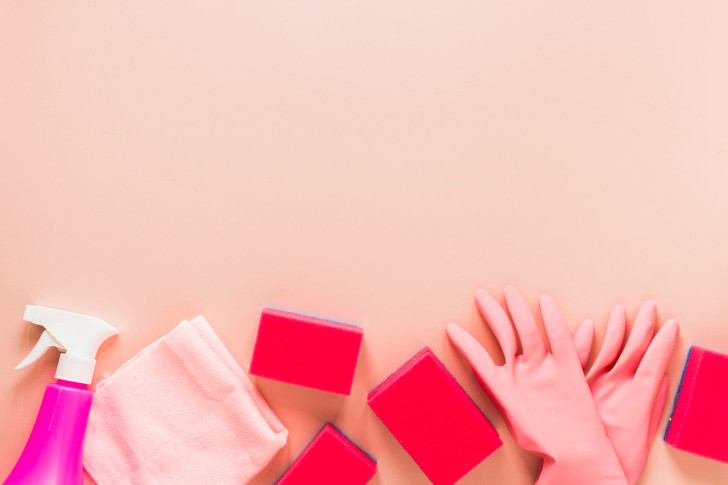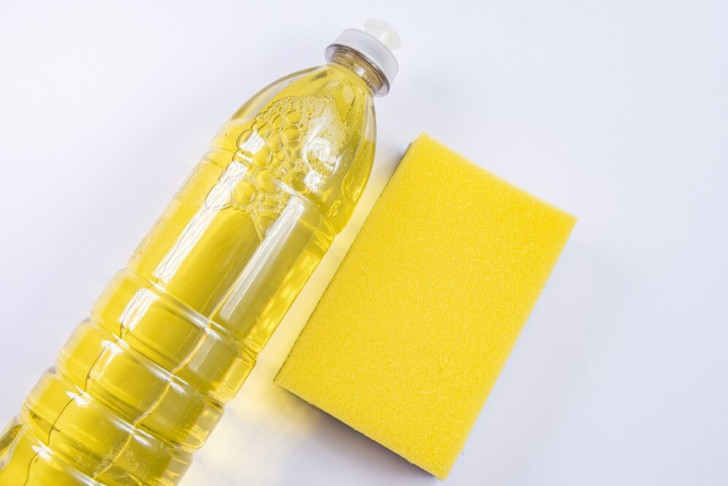A clash of Titans: is bleach or vinegar better for cleaning the house?

What product cleans better at home, bleach or vinegar? The answer is not clear, because there are pros and cons to using either. In fact, these products are both excellent allies for cleaning chores at home - but neither of them can be used for all cleaning tasks. For example, bleach is an aggressive cleaner, while vinegar is less so (but takes longer to work).
If you had to choose just one of these products, however, which would you choose? As the best "all-rounder", which product is the winner? Or is this issue a little more nuanced? Read on to find out more:
Bleach: a cleaning superstar

Freepik
Let's check out the pros and cons of using bleach. We are talking about bleach with a chlorine base and a distinctive odor.
Pros: It is an excellent product to kill off germs and bacteria and is very effective in combatting mold. Its ability to kill harmful microorganisms is well-known,, like E.coli, for example. And very little bleach is needed to get a job done. In fact, in most cases, bleach is diluted in water (typically in a 1:4 ratio [one part bleach to four parts water]).
Cons: To say that bleach is polluting is an understatement. Makign bleach involves processes that release dioxins into the environment (which are carcinogenic). Further, mercury is used in the production process and enters the atmosphere around bleach-manufacturing factories (mercury can cause brain damage). Bleach also remains toxic even after use and can get into the water table after being flushed away down the pipes.
Furthermore, bleach can harm exposed skin and is harmful when breathed in or gets into unprotected eyes. Bleach should not be used on natural stone surfaces or on wood.
Vinegar for home cleaning chores

Mateus Andre/Freepik
So, what about vinegar? In this case, we are referring to white vinegar (be it alcohol or wine). Red, apple or rice vinegar can produce stains and are not as powerful.
Pros: Acetic acid, present in white vinegar, has some antimicrobial power, although it is not as potent as bleach. However, this can be combined with, for example, hydrogen peroxide to strengthen its ability to kill bacteria (including some variants of E.Coli). This also works against mold, although it must be kept in contact with the mold for longer than with bleach. Lastly, manufacturing vinegar is not harmful for the environment.
Cons: If you need to be sure you kill off all germs and bacteria, you cannot rely on vinegar alone. Vinegar should not be used on wood, delicate fabrics or on marble and other natural stone surfaces.
So, which product is best?
If you have to combat mold quickly, or want to disinfect the floor thoroughly (especially if you have animals at home), nothing works quite as well as bleach (but should be used only occasionally). Vinegar - albeit less powerful than bleach - does not involve all the health risks (and is eco-friendly) and can produce results very similar to those achieve by using bleach.
And where vinegar falls short, there are other, bleach-free ways of dealing with this!